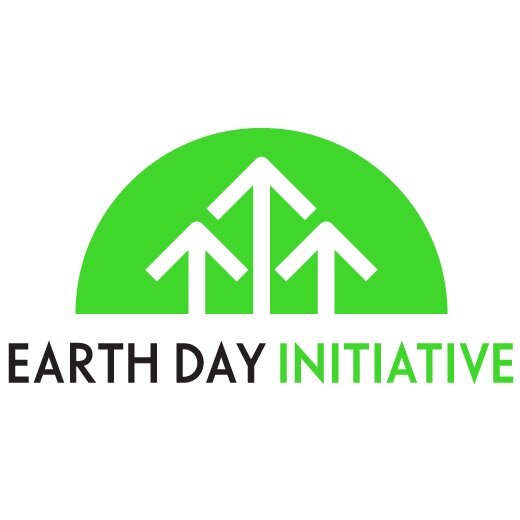In our society, everything is about speed and convenience. More people would be likely to compost their food scraps, or donate extra food to a shelter, if doing so was easy. As we covered in a recent post, the DSNY has approached this fact of human nature by beginning a curbside collection program for food scraps. Although composting is a win for the environment, it does not address the issue of hunger.
That’s where Transfernation comes in.
Just shy of three years old, this organization is tackling food waste and hunger head on. Acting as the middle-man, they connect corporations that have excess food to those who lack food resources. The delivery locations – usually churches and shelters – receive hundreds of pounds of food a week. Their mission statement, as posted on their website, says:
“We aim to alleviate hunger by eliminating waste culture and enabling the transfer of food from those with extra to those in need.”
Last week, we sat down with Co-Founder Hannah Dehradunwala to learn more about her revolutionary organization.
Hannah is a recent graduate of the NYU Gallatin School of Individualized Study, with a self-made major in Politics of the Resource Gap. In her words, her studies explored the “political reasons behind resource and inequity around the world.” Although originally from the east coast, her family relocated to Pakistan for seven years, and then to Saudi Arabia for one. Her experiences in these countries – and their differing governmental systems – caused her to question how politics can influence growth, and also made her more aware of global hunger problems. When recalling Pakistan’s unspoken clean plate policy, Hannah said, “If you don’t finish what’s on your plate, you can literally step outside and give it to someone. It’s not waste, it’s extra.”
The idea for Transfernation arose her sophomore year, when she and co-founder Samir Goel pitched their concept to the Stern Social Impact Business Challenge. “We lost – badly,” said Hannah. But with a 35-page business plan ready to go, they were not about to give up just yet.
In March of 2014, about four months after their first pitch, Hannah and Samir received a grant from the Clinton Global Initiative University (CGI U) and things took off from there. On top of their studies at NYU, Hannah and Samir were running their organization - coordinating pick-ups and deliveries, building a volunteer base, and making a name for themselves.
Since Hannah graduated, Transfernation has grown immensely. “In the beginning,” she explains, “it was a lot of outreach on our part; a lot of ‘Come work with us, please!’ But now its come to the point where they’ve started reaching out to us.” In the last year and a half alone, they have collected 33,000 pounds of food; a partner church in Harlem recently told Hannah that they have expanded their food program from one day a week to five.
How does the “transfer” of food work?
Volunteers are notified as to when a food pick-up is ready, and they transport the delivery from one party to another. Companies are partnered with a specific church or shelter, making the system much more personal. Hannah describes that the partnership actually goes both ways: “What’s good is that they establish a relationship with each other, to the point where some of the churches will tell the companies what to make.”
Transfernation currently only caters to Manhattan, but they are in the process of expanding to Brooklyn and the Bronx. In fact, an entrepreneurial class at Fordham University is spearheading their Bronx expansion. Hannah, who checks in with the class every Wednesday, said, “The students are getting in touch with the corporations and the shelters, and setting up a volunteer base.”
Additionally, the Transfernation app is being launched in about a month. The app will streamline the pick up and delivery process, making it easier to bring the business to other cities. When asked if she thinks this organization would ever move outside of New York, Hannah said, “We are working on trying to expand to Washington D.C., but I see this as something that could be in the whole of the U.S.”
Not only does Hannah hope that Transfernation will one day be nationwide, but she is determined to make food waste a thing of the past. “I think food waste is something that can be solved in our lifetime. There will always be waste, but you can really cut it down if you have a process in place.”
We couldn’t agree more with Hannah, and we are looking forward to what Transfernation has in store for the future. Lucky for us, Hannah will be featured as a guest lecturer in our partner high schools this fall. We’ll be sure to update you on the conversations that are had in the classroom!


